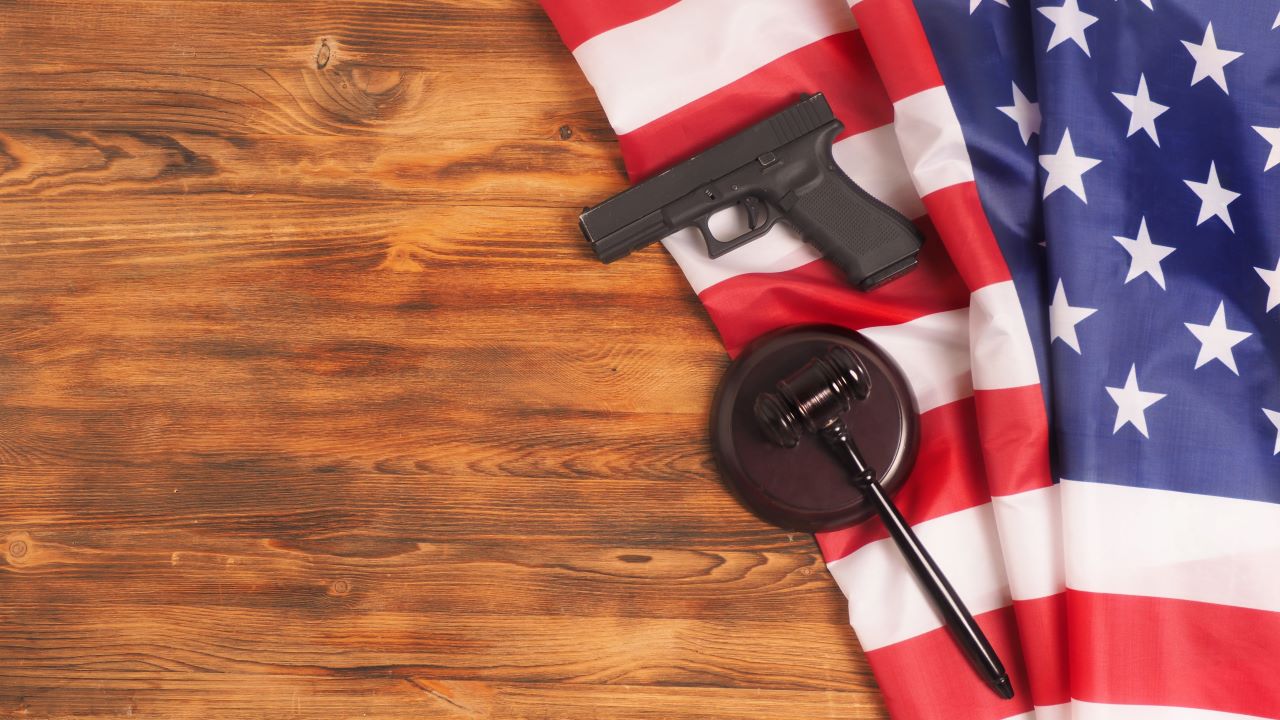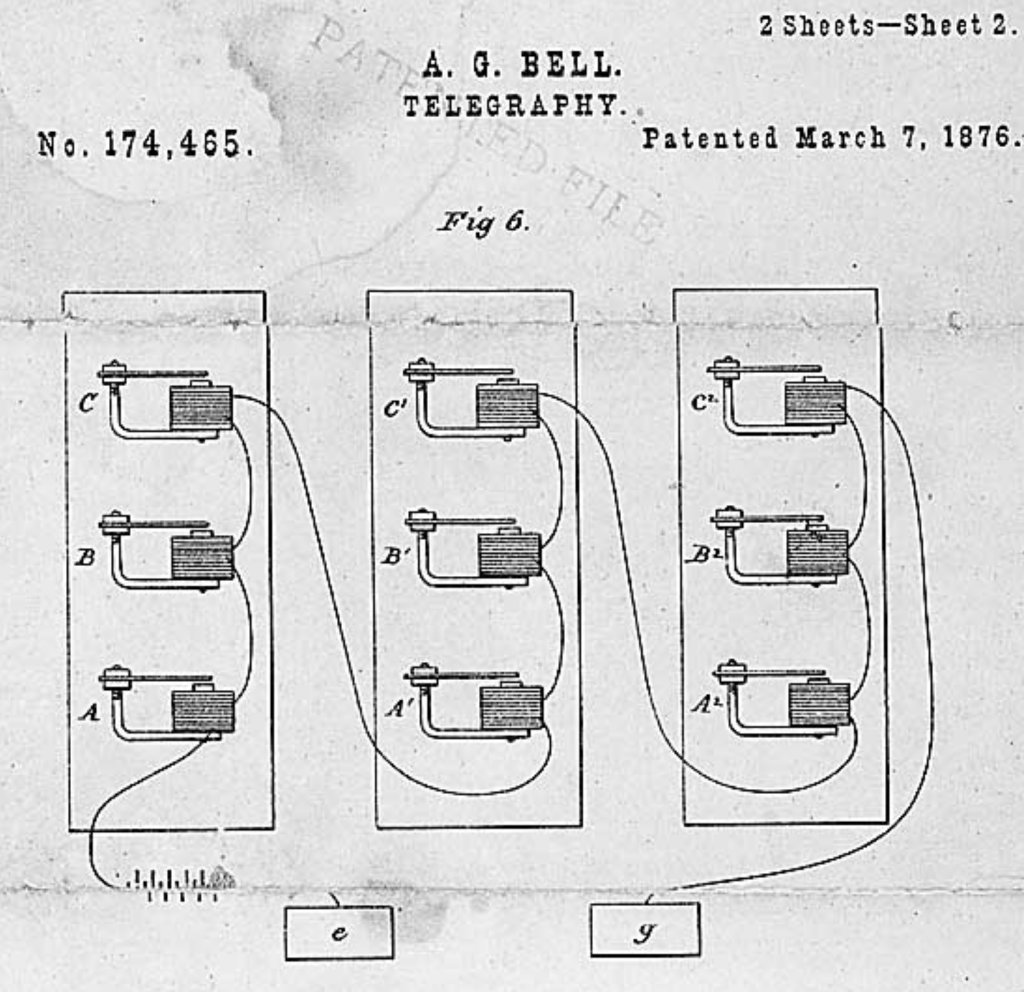The US Court of Appeals for the Seventh Circuit on Wednesday upheld an Illinois law that bans the carrying of firearms on public transit, effectively overturning a lower court decision that found the ban unconstitutional under the Second Amendment to the US Constitution.
The Illinois law prohibits the carrying of firearms in a variety of settings, such as in schools, daycare facilities, government and court buildings, playgrounds, and on public transportation. Judge Joshua Kolar wrote that the law did not contravene the Second Amendment:
[T]he challenged law is comfortably situated in a centuries-old practice of limiting firearms in sensitive and crowded, confined places. The Second Amendment protects an individual’s right to self-defense. It does not bar the people’s representatives from enacting laws—consistent with our nation’s historical tradition of regulation—that ensure public transportation systems remain free from accessible firearms… We…find no Second Amendment violation in such a regulation.
The district court had held that the prohibition did not satisfy standards set forth in the Supreme Court’s 2022 opinion New York State Rifle & Pistol Association, Inc. v Bruen, which established that the “right to bear arms may be regulated only in the name of an interest that finds at least analogical support in the American tradition.” In applying the Supreme Court’s test, the lower court reasoned:
[W]hen the Second Amendment’s plain text covers an individual’s conduct, the Constitution presumptively protects that conduct. To justify its regulation, the government may not simply posit that the regulation promotes an important interest. Rather, the government must demonstrate that the regulation is consistent with this Nation’s historical tradition of firearm regulation. Only if a firearm regulation is consistent with this Nation’s historical tradition may a court conclude that the individual’s conduct falls outside the Second Amendment’s “unqualified command.”
In reversing the decision, the circuit court held that the US has a history of banning firearms in “sensitive places.” The opinion detailed a lengthy history of banning firearms in crowded spaces, such as in assemblies, public ballrooms, taverns, picnic grounds, and other places of public entertainment. The court ruled that such regulations are “ensconced in our nation’s history and tradition” and not inconsistent with the Second Amendment.
The case reflects evolving Second Amendment jurisprudence following the Supreme Court’s ruling in Bruen. Recently the court declined to review a Minnesota ruling that deemed handgun possession age restrictions unconstitutional.


























